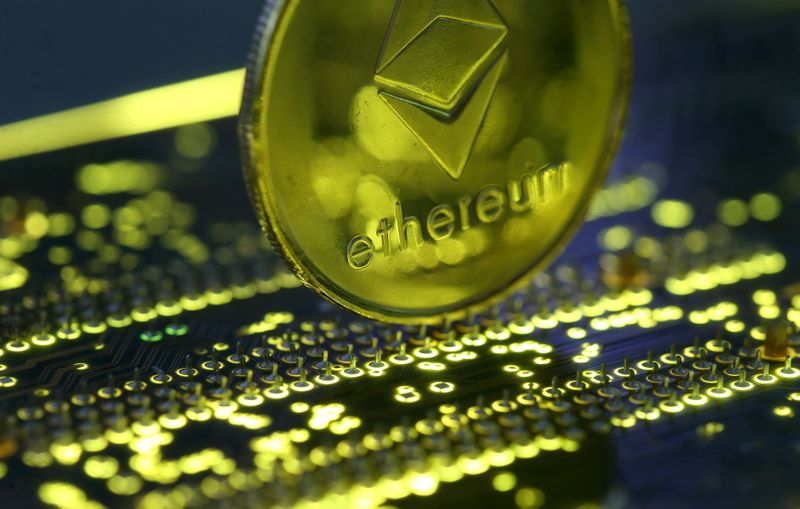- Vitalik Buterin comments on the obstacles to ETH 2.0 roadmap.
- Technology was not the major problem with the world’s hugest smart contract network.
- There were some internal conflicts in the five years that took ETH to this level.
Ethereum’s co-founder Vitalik Buterin comments on the obstacles to ETH 2.0 roadmap at a conference in Hong Kong.
However, Buterin discussed partly in Mandarin at the Virtual Fintech Forum at this week’s StartmeupHK Festival 2021. He added that technology was not the major problem with the world’s hugest smart contract network.
In addition, he admits that creating Ethereum has taken a lot of time. He anticipates early ETH 1.0 blockchain developing estimates of nearly three months shifting into eighteen months in reality. More so, the upgraded version takes substantially longer.
Vitalik adds,
“We thought it would take one year to do the Proof of Stake, but it actually takes six years. If you are doing a complex thing that you think will take a while, it’s actually very likely to take a lot more time.”
Moreover, Buterin explained that there were some internal conflicts in the five years that took Ethereum to take it where it is now. Added to this, one of the huge issues Vitalik found with the project is not the technical problems, but its issues related to people.
More so, the comments came in a fireside chat with Jehan Chu. Notably, Jehan Chu is the co-founder and managing partner at Kenetic, a Hong Kong-based blockchain trading and investment firm.
Buterin stated that ETH 2.0 will have the scalability that large-scale enterprise applications expect when rollups and sharding join together. More so, this is not likely to happen till late 2022, according to the latest roadmap estimates.
Even more, the idea is to work on shard chains prior to the merge to address scalability. Added to this, with the boom of layer two scaling solutions, the priority has moved to swap Proof-of-Work to Proof-of-Stake through the merge. Phase One which explains scalability via sharding is not expected until later in 2022 at this phase.
Buterin emphasized that the present version of Ethereum has hugely become a victim of its own success. Moreover, the demand pushes the network fees to record levels creating most of the transactions economically unprofitable for the average users.
Regarding ETH 2.0, Buterin explained that they use the moniker less frequently. This is because the team wants to emphasize that, ‘this isn’t throwing out the existing Ethereum platform and making a totally new one. It’s a much more kind of incremental set of changes.’
Recently, the upgrade to Proof-of-Stake has become even more urgent. Furthermore, with all of the negativity and FUD surrounding Bitcoin and its power consumption.
This article was first published on coinquora.com
